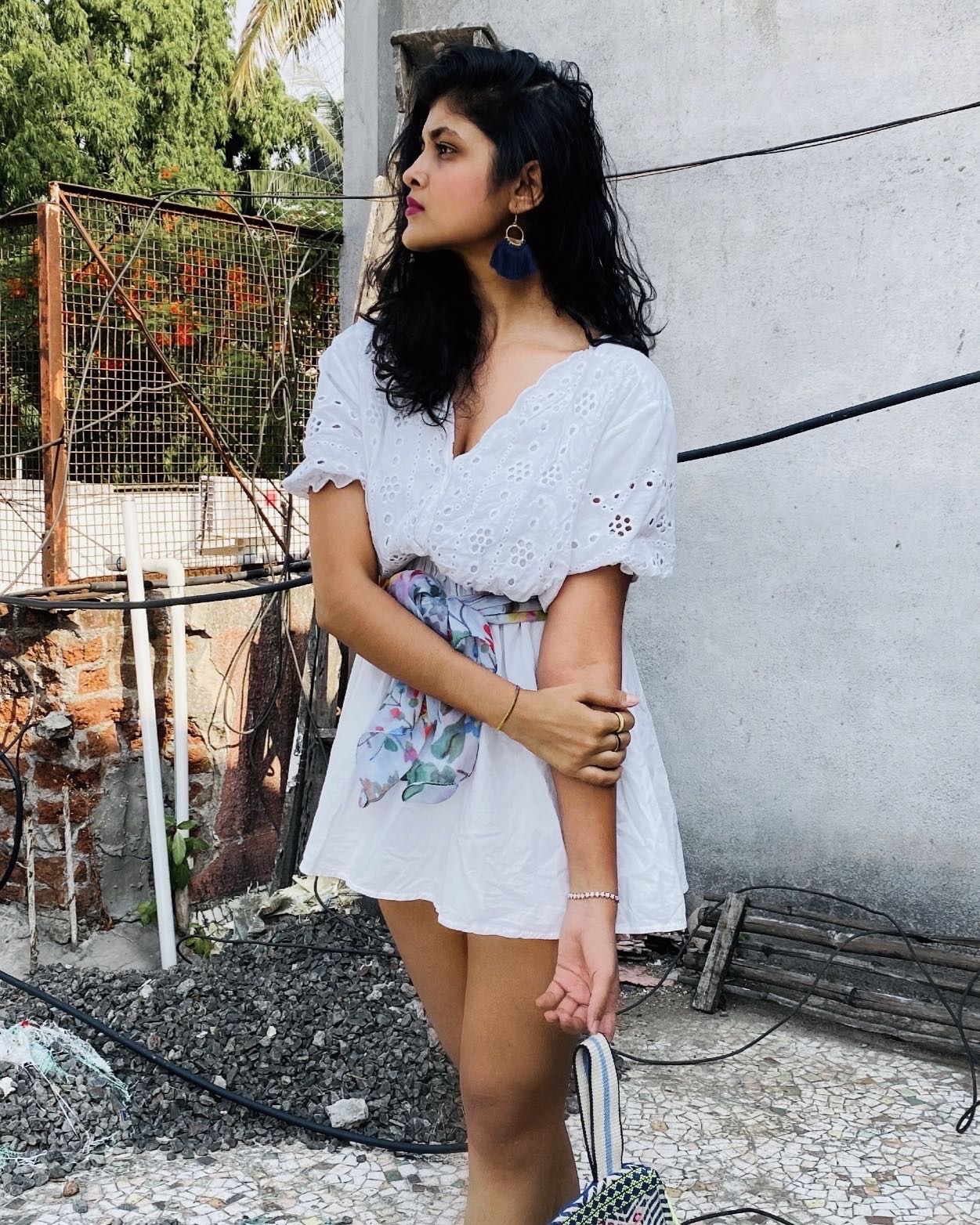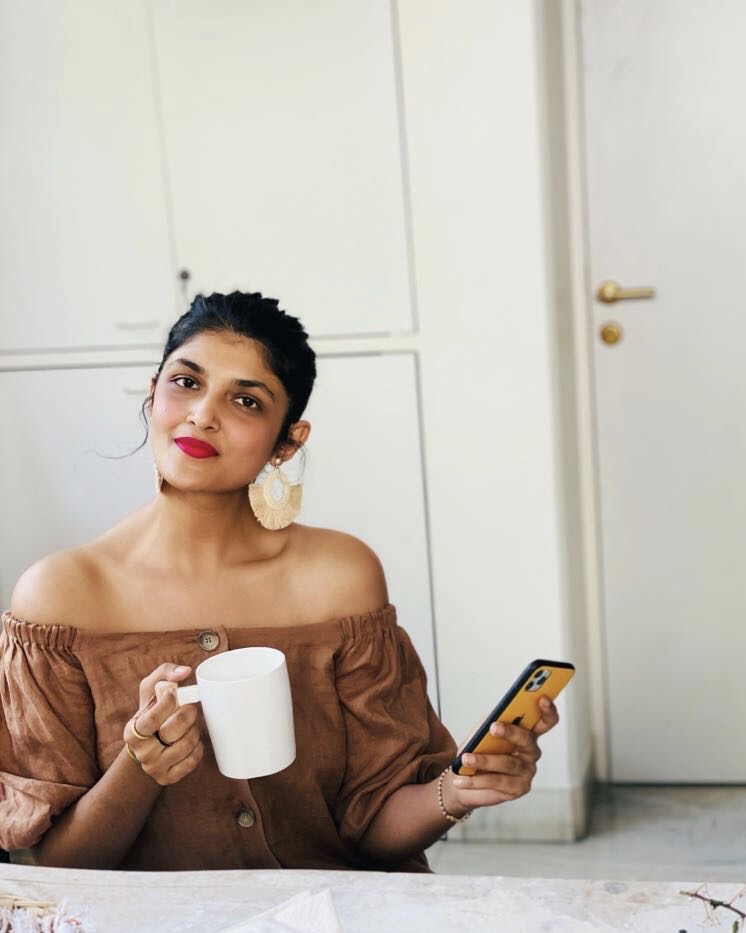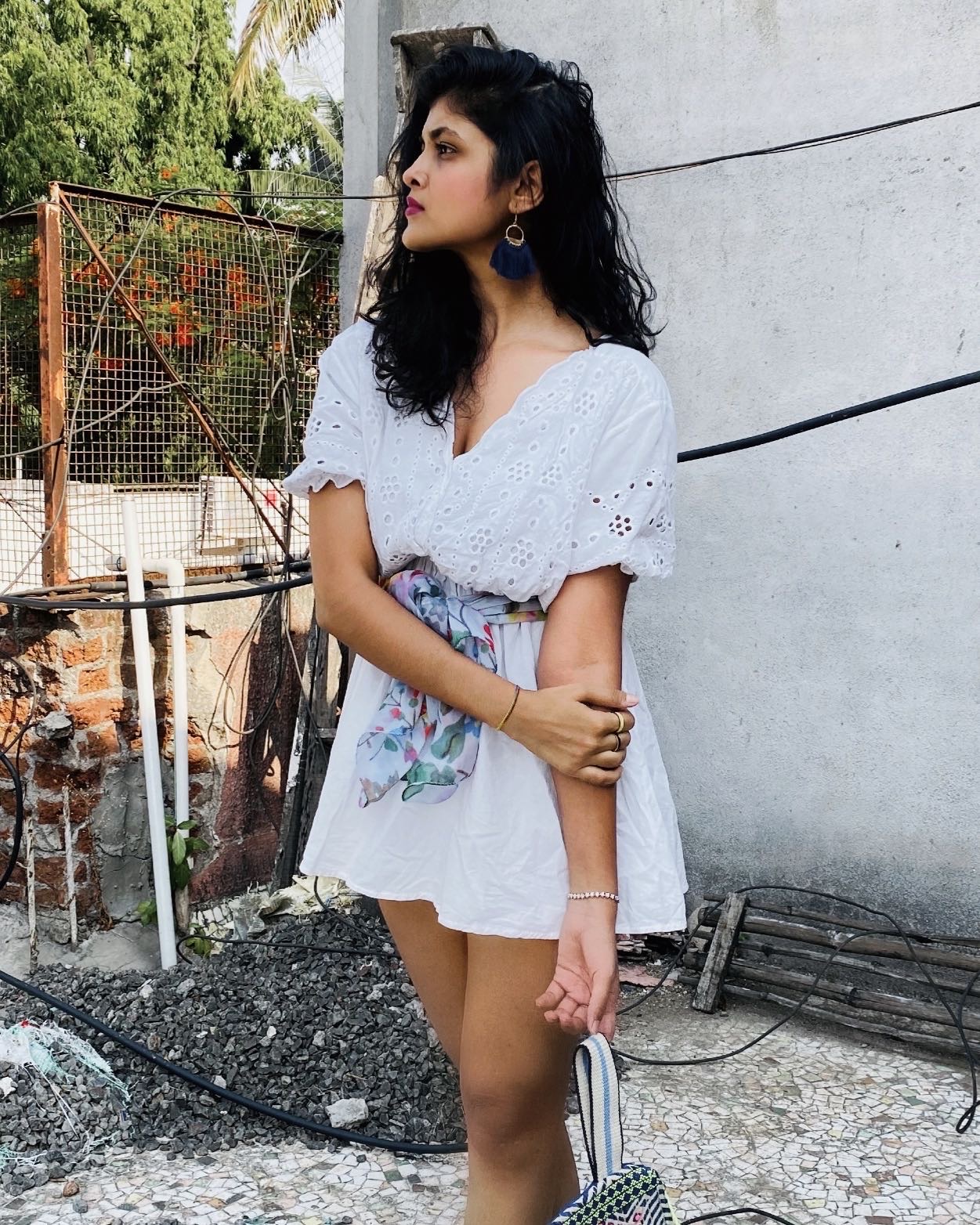How’s India taking the lockdowns mentally? What’s the state of mental health here since the pandemic hit?According to a survey conducted by the Indian Psychiatry Society, within a week of the start of the lockdown, the number of reported cases of mental illness in India had risen by 20%.
India witnessed the largest containment experiment in history, when – on 25th March 2020 when its 1.3 billion citizens battened down their hatches in an attempt to flatten the COVID-19 curve. Even as the lockdowns in India and around the world are on the vege of ending, a new epidemic is now emerging.
A recent survey conducted by the same organization revealed there has been a 20 percent rise in mental illness cases, with at least one in five Indians suffering from it.
In the weeks and months ahead, India will suffer from a massive mental health crisis due to unemployment, alcohol abuse, economic hardship, domestic violence, and indebtedness. While this will affect most of the population it will disproportionately affect the poor, most vulnerable, and marginalized groups.
Since this is Mental Health Awareness Month and that too amid a worldwide pandemic, I thought of reaching out to a survivor. A girl who battled mental health challenges first hand and is now spreading awareness amid Gen-Zs.
Her story matters because it is one of the many Indian stories that remain untold due to stigma surrounding mental health. It’s important to tell this story also because there are hundreds of men and women who want to know what they are feeling is part of life.
The girl who was sad for no reason
Purvi Shah is your regular 20-something girl, raised in a Gujarati (from the state of Gujarat in India). She is now a digital creator, a sworn vegan and a photographer making her living in Pune. She was in the third grade when she had a brush with mental illness.
“I had what they call a severe case of SAD (social anxiety disorder). It affected my studies, my personality, my decision-making, and it made me fragile. For years I struggled with panic attacks alone,” she shares.
Purvi found it difficult to do things we normally don’t even think about before doing. Things such as making eye contact or just small talks even on the phone were some of her most challenging chores.
“Initially, I would deal with it mentally but gradually it affected me physically making me nauseous with serious stomach aches, loss of appetite at thought of getting out of my house, or meeting anyone new. It all escalated over the years,” she recalls.

How did she deal with all this? Excerpts from my interview with Purvi Shah –
Me: What typically goes on into the mind of someone suffering from serious mental illness?
Purvi: Different disorders have different symptoms. But commonly this is what goes through their mind:
- Lack of confidence
- Lots of self-doubts
- A belief that nothing good can happen to them
- Loss of interest in everything they loved once
- Being distant from every human possible
- Not wanting to get up, and wanting the day to end as soon as they get up
- A whirlwind of emotions at random hours
- Feeling of emptiness and purposelessness
Me: How did you cope with it? Did you recognize it instantly?
Purvi: No! I did not realize it immediately as I was not educated enough to understand what I am going through for a long time. While I began to use the internet to find out if anyone feels the same I found out that introverts and socially “awkward” people mildly do feel these emotions which led me to convince myself I am an introvert.
One day when I spoke about this to our family doctor about it in depth. He used the term SOCIAL ANXIETY DISORDER (SAD). He said maybe I have it and then began all the research. I found out there are thousands who go through the exact same thing which weirdly gave me relief. I dived in the pool of understanding a lot about mental health and various disorders. I tried and tested plenty of solutions to overcome my anxiety. Some worked wonders, some failed.
Me: What else can you share about that period?
Purvi: My biggest problem was my thoughts. I knew what I was thinking about all the time was what was depressing me and wasn’t working for me, but I didn’t know what to replace it with. When I learned about what the Law Of Attraction was this really hit home for me and made me realize I was creating my own reality.I learned that cognitive therapy is changing your thoughts. I learned how to replace my negative thoughts with positive ones by focusing more on solutions than my problems. I knew what I didn’t want but very little about what I did want. I had to shift my time around and started spending more time creating a new life.

Me: Now that mental illness is on the rise amid COVID-19, what would you suggest to anyone struggling with it?
Purvi: I encourage people to follow some steps. These are some tried and tested things that worked for me. Don’t feel stigmatized to seek help professionally. Social stigma is NEVER worth losing your sanity. Here’s what I did –
1: Educate yourself about the illness – its cause, effects, symptoms, and precautions to take. When we are informed, we have a better handle over our emotional state.
2: Stick to a routine While most of us would love to sleep in, because we don’t have offices to rush to, having a set time is important for our mental well-being. Unstructured time is known to create boredom and can cause spikes in anxiety or depression.
Also, try making to-do lists for the day. Striking things off at the end of the day is therapeutic. But also, don’t beat yourself up if you didn’t complete something. There’s always a new day for that.
3: Watch your diet For many people, boredom = eating, dislocation = eating, loneliness = eating. It is important to be aware of it. Try to eat healthily and avoid alcohol, smoking and sugar.
4: Meditate or Exercise at home or on the terrace – your body needs movement. The release of endorphins will keep the mood positive. A moderate level of cardio or aerobic exercise or a dance class is an excellent option to consider.
Research shows that meditation reduces the symptoms of depression and anxiety. A good 10-minute meditation in the morning can calm you considerably and enhance self-awareness.
5: Reframe the situation You are not “stuck inside”. You are indulging in a long-awaited opportunity to slow down, focus on yourself. Doing one productive thing per day can lead to a more positive attitude, Set your sights on long-avoided tasks, reorganize, or create something you’ve always wanted to.
6: Disconnect This is the most important of them all. When everything gets overwhelming, and it will, limit your consumption of news and social media and just breathe. It’s important to switch off sometimes to rejuvenate our mind. Avoid news that could make you feel anxious and choose to read stuff that’s practical and helpful. Also, if possible, try to consume positive stories like “Positive Things Amidst COVID-19 Outbreak That Prove That The Earth Is Healing.”
For those seeking help around mental health-
1] Helpline in India – https://www.letstalkindia.org/ – is supporting people during COVID-19
2] “My Hero is You” is a self-help book for children. It’s a new fictional book developed by UNICEF and aims to help families understand and cope with COVID-19. UNICEF


